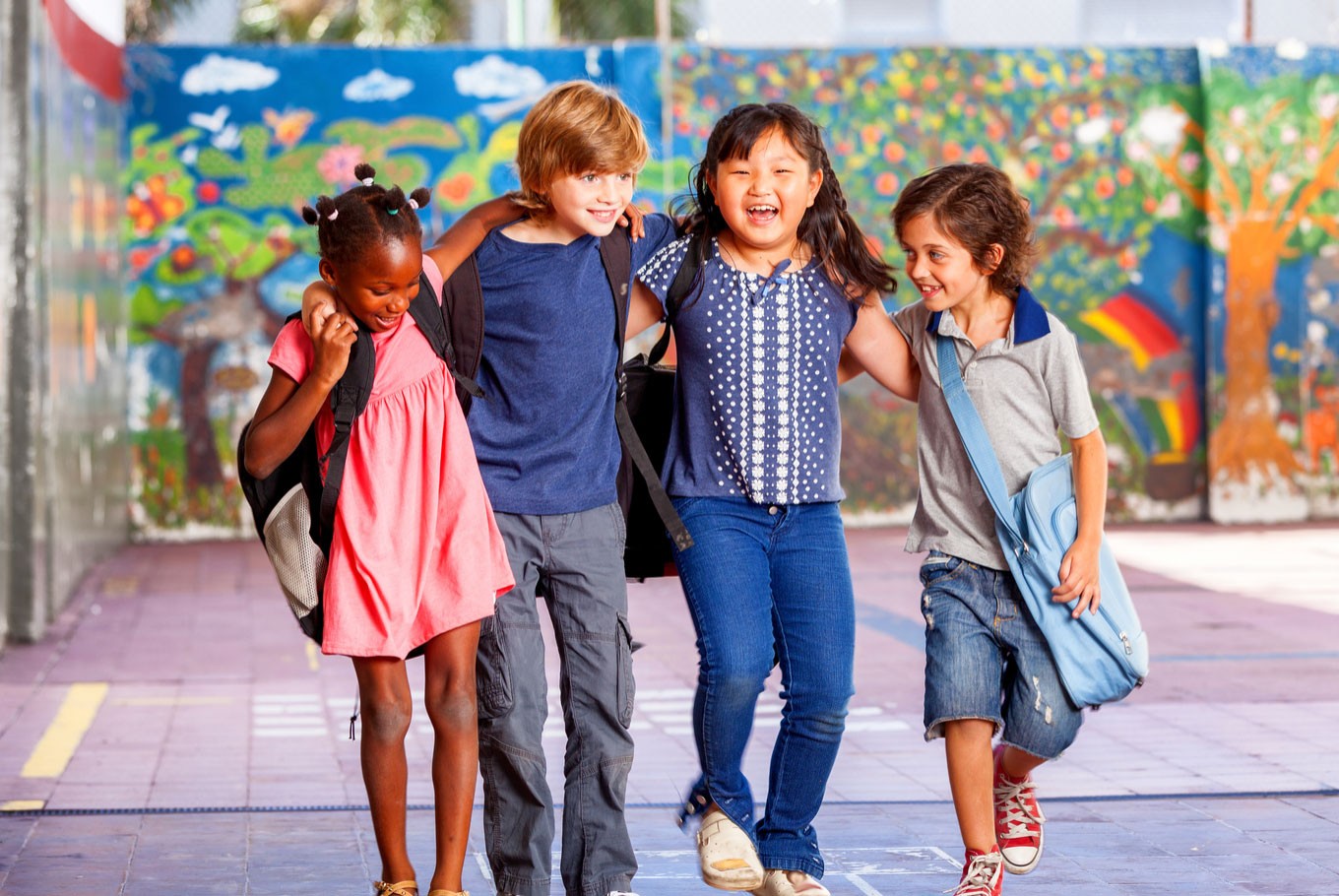Adults key to children's interpretation of tolerance
Children may see a lot of things in everyday life, but they do not yet understand much of it, according to a discussion panel that stresses the importance of the role of adults, especially parents and teachers, in teaching children tolerance early on.
Writer Sekar Sosronegoro emphasized that adults are a point of reference for children to understand how the world works.
Speaking during the launch of her new children's book series on tolerance on July 19 at @america, Jakarta, Sekar said she had purposely invited adults to the event as a way to raise awareness of the importance of the issue and encourage caretakers to engage with children, including through reading together, to convey tolerant values to them.
Although the books are targeted at young children, Sekar said she wanted the reading material to be a conversation starter among families as a whole. The opportunity, she said, could be a way to explain a recognition and acceptance that differences exist, while avoiding fostering a sense of discomfort and discrimination.
"In order to feel secure, sometimes without even realizing, we reject something that is different or become resistant toward new things, which usually are easily identified by what we see, for example, in skin color or eye shape. What becomes dangerous, in my opinion, is since we like to be in groups, what began with 'me and him/her' becomes 'us and them'," Sekar said.
The book, titled Kitu: Kucing kecil bersuara ganjil (Kitu: The small cat with the odd voice), tells the story of a cat who moved into a new environment and learns about the differences among other cats in the neighborhood.
It is the first book in a series, with two more in the pipeline to be released, that is aimed at teaching different topics related to tolerance.
"Since the beginning, I was always going to write on the issue of tolerance. The reason is that I realized in our daily lives, as adults, people live with prejudice," Sekar explained.
"What differentiates is that there are those who nurture prejudice and those who don't. Meanwhile, the same thing does not necessarily happen to children - at least not until a certain age," Sekar said, adding that early education could help determine future direction.
Najeela Shihab, a child psychologist and education expert, said that while children are very good observers, they are also actually still very bad interpreters. The children's main caretakers, including parents and teachers, are those who must help to interpret their observations.
"We must make sure that the interpretation of the world we give them is an interpretation that does appreciate and celebrate differences, lest we reinforce the fear and discomfort in the differences," Najeela said. (asw)
Source: thejakartapost.com

